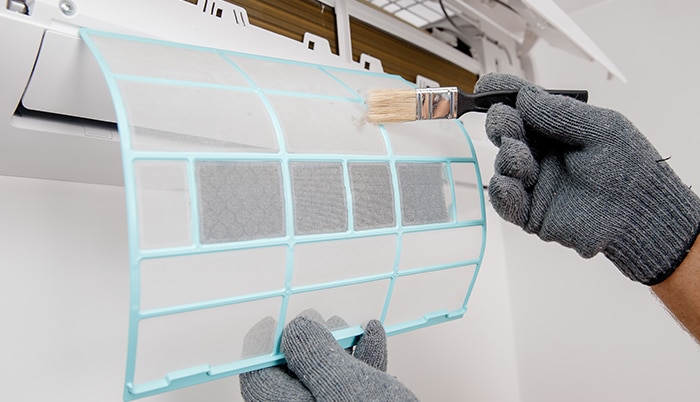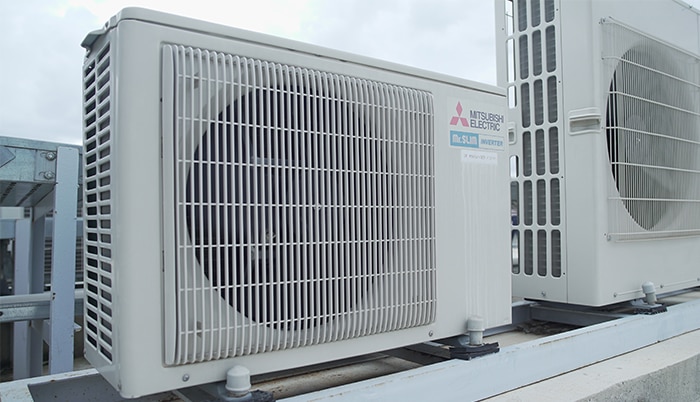
In Summers, AC’s can significantly increase the electricity bills. Cooling of house or flat is not only expensive but also requires a lot of maintenance as the temperature in India crosses above 40 °C.
An overheated machine cannot deliver the desired results. The heat load on AC significantly affects its performance and creates problems for the people inside the room. The problem gets worst in houses with a poor ventilation system. So, to avail maximum benefits from the AC, it should be freed from excess heat load and overburden. In fact, Mitsubishi Electric India has more than 700 solution providers to guide the end user in installing and using the AC in the best possible ways. Two of the most effective ways to reduce the heat load on AC are – improving the ambience and lowering down the load on the unit.
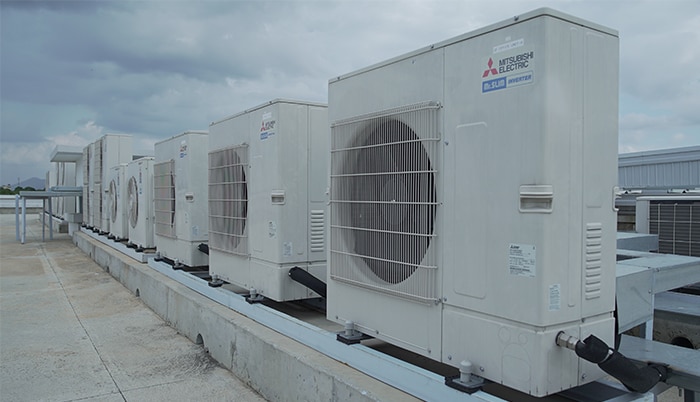
Reduce heat load by keeping the outer unit under an awning or covered area. It is a proven fact that air conditioners with proper shading work more efficiently and have a better life span than ACs in direct contact with sunlight. The unit should be kept on a plane surface and to ensure required airflow, it should be kept at least 2 feet away from objects like plants, cartons, wooden planks, etc., that obstruct the air supply. Also, any landscaping on the south or west sides of the home should be avoided as much as possible as it may result in increased temperature inside the premises of the house.
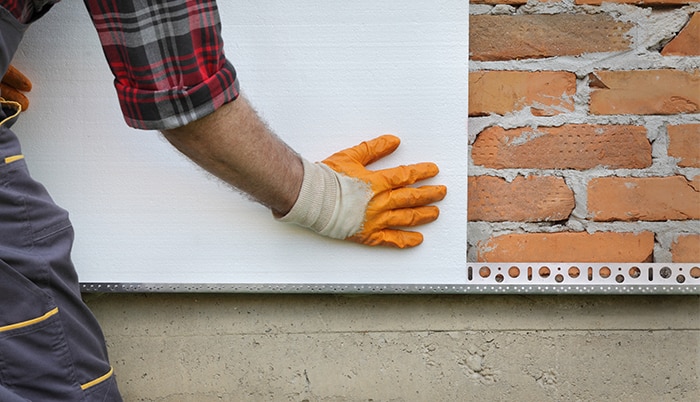
Insulation of the concrete structure, doors, and windows help to create a thermal shield for the building against the outside heat and dust. The higher the internal temperature, the more load will take the compressor to bring down the internal temperature and this will eventually lead to overheating of the compressor. Although, it sounds a bit costly, the long-run benefits are cost-effective and comfort raising. During the insulation, all the leakage points should be covered to block the cooled air from releasing outside. In guidelines, issued by Bureau of Energy Efficiency (BEE), Ministry of Power, Government of India, the bureau advises commercial and public buildings to optimize temperature setting at (24 – 25) degree Celsius. Setting the AC temperature at 24-25 degree Celsius as against the conventional 20-21 Degree results in energy saving of around 25 per cent. Apart from maintaining the room temperature, insulation is also helpful in reducing outside noise, a problem synonymous with rapid urbanization.
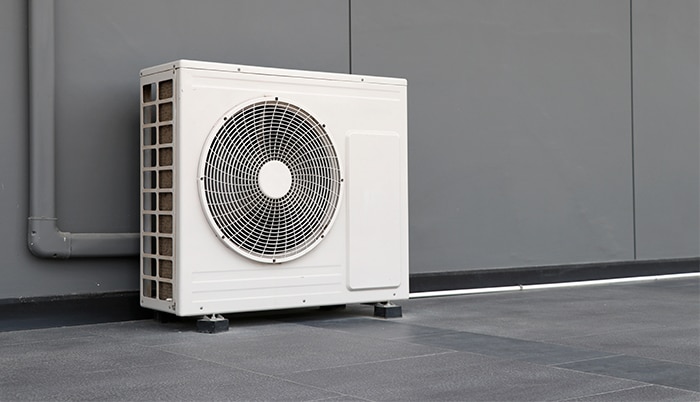
As more and more people are switching to split and cassette ACs, the condenser-compressor is kept outside and many times on the terrace. If there is not any pre-planned platform for the outer unit, there are chances of uneven positioning of the machine that may cause early failure of the compressor. Therefore, the condenser should be very accurately placed to avoid heating. Indoor unit of Air conditioners should be avoided to be kept near things like TV, lamps, or other heat-producing appliances as they may lead to additional heat generated in room. However, Mitsubishi Electric Air conditioners are protected by metal casing to protect fire from PCB. A well-protected AC unit gives relief from the heat as well as rising electricity bills.
Humidity makes the air heavy that produces extra pressure on the AC while removing the stale air from the room and replacing it with the fresh air. The outflow and inflow of the air are restricted by the humidity and its by-agents like mold and algae. Consequently, to overcome these challenges, the AC should outperform its operation which requires extra work as well as power. And, when it fails to do so, it results in uneven cooling and frequent wear and tear. To ensure the smooth performance of AC even during the high humidity season, below are the suggestions which are effective as well as easy to follow.
